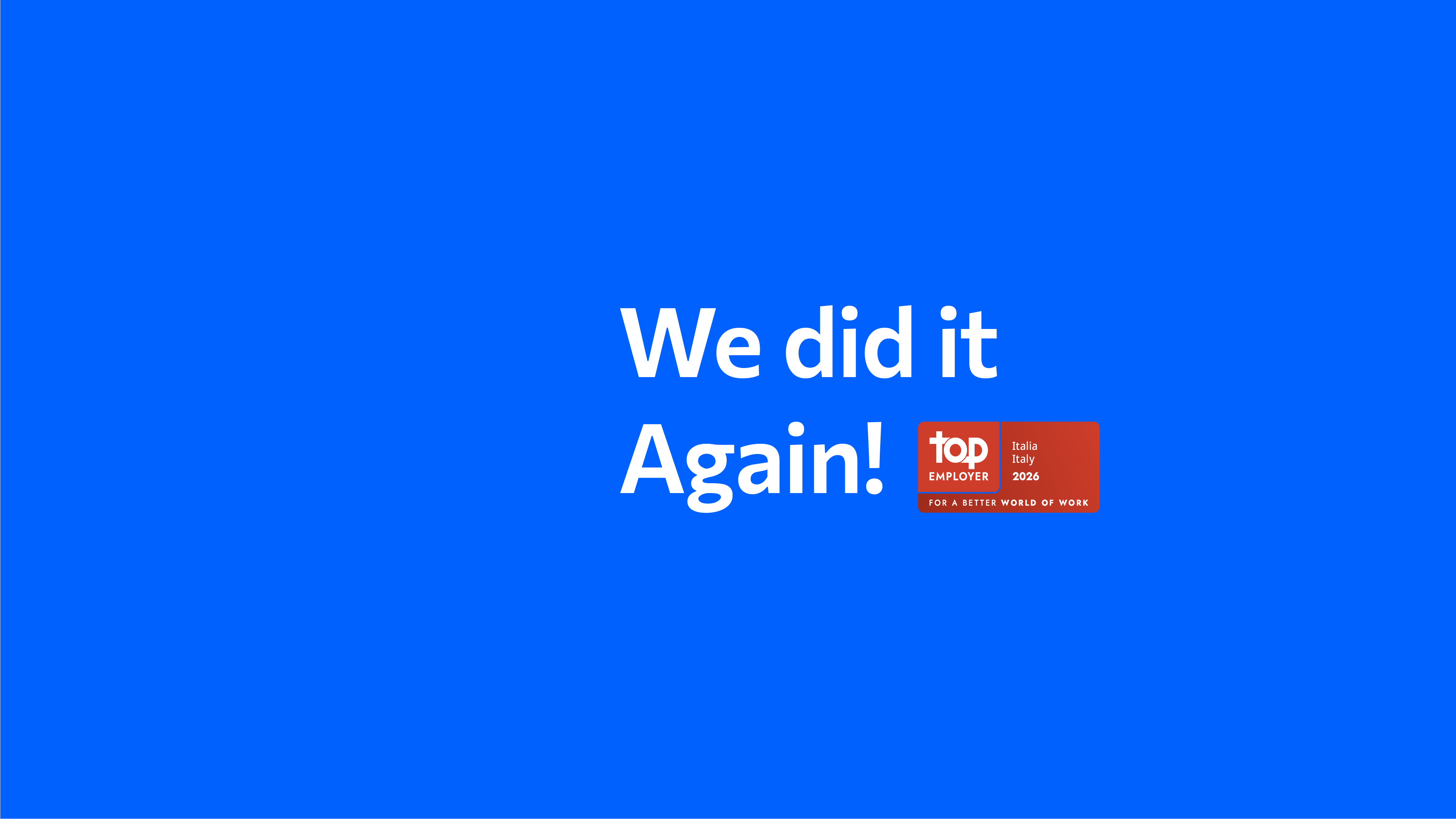Customer experience and AI: CRM trends and the role of Salesforce
How customer relationship management is evolving thanks to AI, personalization, and industry-specific solutions.

In today’s economic landscape, where competition hinges on speed, efficiency, and the ability to personalize, managing customer relationships is becoming increasingly strategic. CRM (Customer Relationship Management) software represents the most advanced technological response to these demands, enabling companies to collect, analyze, and leverage customer data to deliver personalized and consistent experiences throughout the customer journey. The year 2025 marks a major turning point for these tools, driven by the integration of artificial intelligence, the adoption of omnichannel strategies, and the growing verticalization of solutions—allowing for increasingly precise adaptation to the specific needs of different industries.
What is CRM software and why It’s essential today
CRM software is a digital platform that enables companies to centrally manage customer relationships by integrating marketing, sales, service, and post-sales activities. But in 2025, this concept is evolving: it’s no longer just a tool for organizing contacts or automating workflows—it has become a dynamic ecosystem, capable of quickly adapting to market conditions, anticipating customer needs, and unlocking new business opportunities.
Modern CRM software is designed to be configurable using low-code tools, allowing new features to be added without writing code—thereby accelerating implementation timelines. This capability addresses two key needs: simplicity and flexibility. End users, even without technical expertise, can customize the platform to fit business requirements, reducing time to market and optimizing operational efficiency.
In a context where customers expect immediate responses, relevant communications, and seamless interactions, CRM becomes the technological foundation for delivering a smooth, consistent, and omnichannel user experience. Today’s solutions enable interaction with users across multiple touchpoints—such as websites, email, social media, and chatbots—while integrating all this information into a single, unified customer view.
Artificial intelligence at the heart of CRM
One of the dominant trends in 2025 is the native integration of artificial intelligence into CRM systems. This evolution shifts customer management from reactive to proactive. AI enables real-time analysis of large volumes of data, detects behavioral patterns, and suggests personalized actions or offers with unprecedented precision.
Next-generation CRMs include, for example, virtual agents capable of automating ticket creation, routing requests to the appropriate departments, or providing instant responses via chatbots. This improves the customer experience, reduces the operational burden on internal teams, and speeds up response times.
Thanks to machine learning, these systems can continuously learn from past interactions, enhancing the effectiveness of marketing campaigns, the accuracy of sales forecasts, and the quality of customer service. All of this is delivered through an increasingly user-friendly interface, allowing even non-technical users to take advantage of the full potential of artificial intelligence.
Data centrality is no longer just a technological matter—it has become a true strategic asset. An advanced CRM uses data not only to record past actions, but to shape future scenarios, delivering tailored offers, timely interventions, and personalized communications based on the customer’s interests and behaviors.
Solution verticalization: the new CRM paradigm
In 2025, the true competitive advantage of CRM software lies in its ability to adapt to specific industries through vertical solutions. It’s no longer a one-size-fits-all platform, but a customizable ecosystem built around the needs of a particular market—whether finance, retail, utilities, healthcare, or others.
The market is now saturated with generic CRM solutions. The real challenge is to offer platforms that boost productivity, reduce configuration time, and precisely address the needs of the end customer. In this context, low-code solutions prove to be essential: they enable the development of custom applications—such as corporate welfare tools or booking systems—while minimizing technical complexity.
Verticalization is not just a trend—it’s a necessity. Today’s customers are demanding, short on time, and expect immediate, personalized, and relevant responses. Companies that adopt vertical CRMs are better equipped to handle regulatory complexity, market speed, and evolving digital expectations, enabling a more agile and competitive approach.
Mashfrog solutions: Mashfrog for Utilities and gAIn360
Demonstrating the effectiveness of a vertical approach to CRM, Mashfrog Group has developed two solutions that directly address the needs of specific sectors: utilities and financial services.
Mashfrog for Utilities is a solution designed to manage the entire contract-to-cash cycle in the energy sector. It starts with customer onboarding for electricity or gas subscriptions and continues through to digital billing and payment. The strength of this platform lies in the integration between Salesforce technology and the operational needs of utility companies. The result is a time to market of less than a year, with tangible benefits in terms of efficiency and return on investment. The platform also includes a natively integrated billing module. More details available here: Mashfrog for Utilities.
gAIn360 is Mashfrog’s solution for the financial sector. It’s powered by a proprietary engine that collects and analyzes market data daily, applying deep learning models to forecast future trends. This intelligence feeds into a Salesforce interface designed specifically for financial advisors, enabling them to proactively and accurately monitor and manage client portfolios. The platform showcases how combining CRM and artificial intelligence can create strategic value.
Conclusion
In today’s competitive landscape, adopting modern, industry-specific CRM software is no longer optional—it’s a strategic imperative. The integration of artificial intelligence, the ease of low-code solutions, and the ability to adapt to sector-specific needs make CRM a powerful tool for boosting efficiency, enhancing the customer experience, and unlocking new business opportunities. Within this context, Mashfrog Group positions itself as the ideal technology partner to support companies through their transformation journey, offering solutions like Mashfrog for Utilities and gAIn360, which represent the new frontier of customer relationship management.


